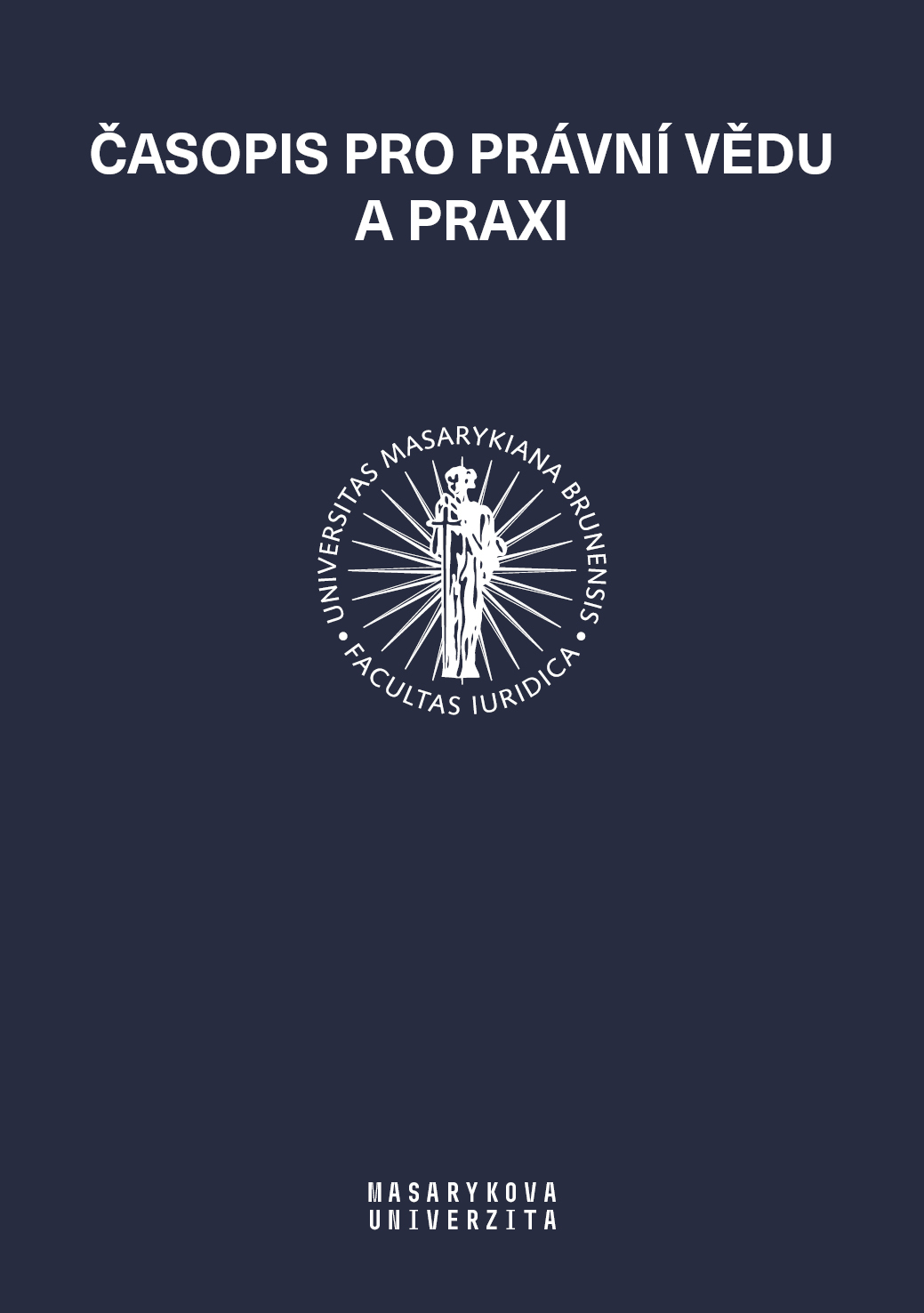Zásady ochrany osobních údajů v právu Evropské unie
Privacy Policy in European Union Law
Author(s): Daniel NovákSubject(s): International Law
Published by: Masarykova univerzita nakladatelství
Keywords: privacy policy; European Union law; privacy protection; Data Protection Directive; Automatic Processing of Personal Data; security principles;
Summary/Abstract: AbstractThe article discusses the privacy protection principles in the EU law. These principles are characterized by their greater generality and social importance. The protection of privacy has its human-rights dimension. In the EU law the principles are defined by the Data Protection Directive. This document draws on other sources: Convention for the Protection of Individuals with regard to Automatic Processing of Personal Data, OECD Guidelines on the Protection of Privacy and Transborder Flows of Personal Data and UN Guidelines Concerning Computerized Personal Data Files. Other legal acts are inspired by the DPD. The principle of fair and lawful processing lays down some requirements for valid consent of data subjects. Impacts of the principle of minimality are strengthened by the recent ECJ case law which recognizes the relatively broad scope of the concept of personal data. The purpose specification principle means that the purpose of processing personal data has to be legitimate and its changes are subject to special requirements. The disclosure limitation principle describes the fundamental defensive function of the set of norms for personal data protection. The data quality principle means that processed data should correspond with reality. But this is conditional on the willingness of data subjects. The security principle is fully respected only in theory. If a data controller has good will, implementation of the principle of data subject participation and control is facilitated by new information technologies. The accountability principle is characterized by the difference between the broadly defined competences of data protection authorities and the application practices which cause that these rules are considered “soft law”. Finally, it is noted that the principles mentioned should be proportionally applied in the global context and this could be a task for the WTO.
Journal: Časopis pro právní vědu a praxi
- Issue Year: 17/2009
- Issue No: 4
- Page Range: 270-275
- Page Count: 6
- Language: Czech

